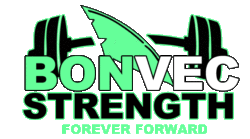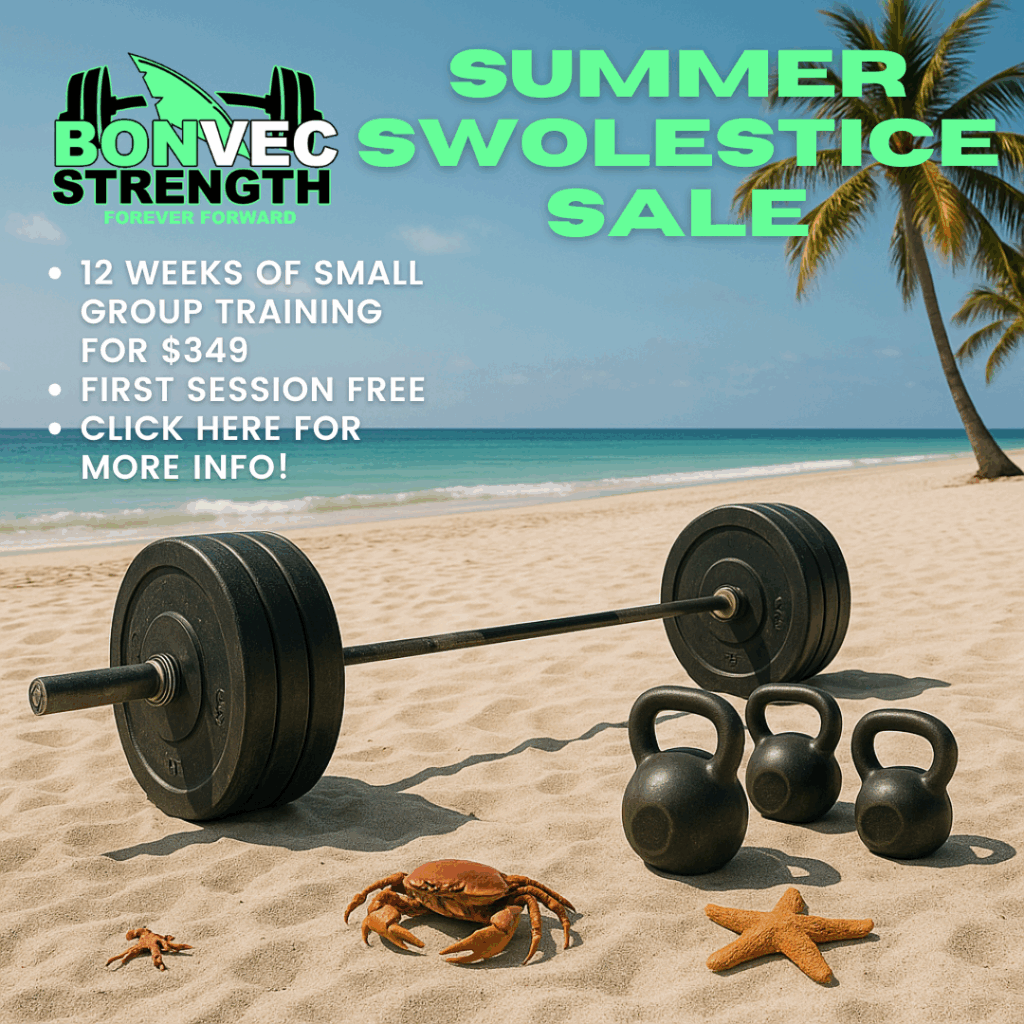I’ve sat down to write fitness-related content several times over the past few weeks. Every time it just didn’t feel right. The COVID-19 pandemic and racial inequality in our country have put things in perspective: there are more important things to talk about than lifting weights.
The past four months (and especially the past four weeks) have illuminated the good, the bad and the ugly in our world. People are angry, scared, frustrated and confused. These feelings can bring out the worst in people when they cause us to be reactionary and defensive. However, they can also bring out the best in us if we join together and take action toward a solution. That’s what I’m writing about today.
The tragic deaths of George Floyd and countless other people of color have reignited a civil rights movement that MUST happen. It’s inspired our members and staff at The Strength House to have tough conversations about what we can do to fight racism and work toward racial equality.
These action steps might seem obvious for some, but my personal conversations and reflections make it clear that many people still aren’t sure what they can do to help. Coaches and trainers play a powerful role in improving the lives of their clients and athletes. We can also play a unique role in striving for racial equality and fighting racism because of our specific role in the lives of those we coach.
TALK TO YOUR MEMBERS
The initial shock of George Floyd’s murder left many people asking, “What can I do to help?” The most common answer I saw from people of color was to stop being afraid to talk about racism.
No more denial. There is a racism problem in America.
No more taboo. It is NOT shameful to be a person of color and therefore it’s OK to acknowledge someone’s race. We have to talk about race to fix this problem.
No more “All Lives Matter.” Yes, every human life is precious. But not everyone has endured hundreds of years of racism and oppression. People of color need help right now. And brushing off this situation because you’re uncomfortable talking about racism isn’t going to fix anything.
If you’re a coach or trainer of any kind, you have a captive audience: your members and clients. If you’ve done your job to earn their trust and build a supportive community, you should have a good chunk of people ready to listen and talk with each other.
Understand that this will be uncomfortable for some. People may feel ambushed if you simply corner them and start asking them about their thoughts on racism. Imagine getting ready to do your first set of deadlifts and your trainer comes out of left field with, “What are your thoughts on systemic racism?” Probably wouldn’t lead to the most productive conversation.
Consider setting up a specific time to talk to your members (in person or via Zoom if your gym hasn’t reopened yet) to give them time to gather their thoughts and prepare to have a tough conversation.
At The Strength House, we’ve had multiple Zoom calls with our members each week since the start of the pandemic. We’d spent so much time building trust with our members that when it came time to have a tough conversation, they were ready. Specifically with our high school and college athletes, each week we designate specific topics and speakers. We focus largely on leadership, teamwork, discipline and personal growth; it was easy for us to transition into heavier topics like racism. And I could not be more proud of the thoughtful and compassionate people who train at The Strength House who are ready to be part of the solution.
My suggestion to coaches and trainers who are unsure of how they can help fight racism: ask your members. Simply ask them, “What can we do to help?” You might be surprised how many great ideas they have.
USE YOUR PLATFORM
Every coach and/or business has a social media presence at this point. And if you don’t, you probably should. And no matter how big or small your audience, you have an opportunity to use your platform to fight for justice.
There’s debate about whether prominent figures and businesses should HAVE to use their platforms to support social causes. Should athletes, musicians, actors, etc., HAVE to speak up? In many cases, such as endorsing a political candidate, I would say no. But this is different.
Racial equality isn’t a political issue. It’s a simple matter of right vs. wrong. You shouldn’t be scared to pick a side in good vs. evil.
Some people are scared about losing followers and alienating members. To that, I ask you: are you worried about losing members who don’t think racism is a problem? Are those the kind of people you want representing you and your brand?
You don’t have to drop everything you’re doing and pivot your social media from a fitness account to a social justice hub. But now is not the time to move along as if nothing is happening outside our little fitness bubble.
GET CREATIVE WITH FUNDRAISING
Donating money to different charities and organizations that support people of color is a great way to work toward racial equality. However, given the current economic situation, it may be difficult for many people or businesses to simply open up their wallets. Organizing fitness events and fundraisers poses an alternative and brings people together in support of a unified cause.
Our friends at Warhorse Barbell Club in Philadelphia are selling t-shirts and donating all the proceeds to the NAACP. Simple and effective.
If your business isn’t in a position to directly write a check to charity, you could set up an event – a charity bootcamp, a deadlift competition, a walk-a-thon, etc. – to help raise money. Consider using a pledge model where participants raise money based on their performance in the event (i.e., a dollar for every pound lifted or mile walked) so that members who aren’t in a position to donate directly can still help.
For example, my friend Jessie Burdick has organized multiple powerlifting events to raise money for charity. Most recently she put on a virtual deadlift competition to support a local food bank, proving that gyms don’t even need to reopen yet to help a worthy cause. If you’re struggling with the logistics of organizing an event, I highly encourage you to reach out to Jessie for suggestions on how to do so.
More Than Just Coaches
Coaches have a responsibility to improve the lives of the people we serve. This goes far beyond fitness and sports. I am not an expert on social justice. Everything I am suggesting comes from the advice of others I have spoken to who are more educated than I am on this topic.
I want The Strength House to be remembered as a community that helped enhance as many lives as possible. I hope other coaches and trainers feel the same way about their communities. Let’s live up to that aspiration and help those who need it the most right now.


